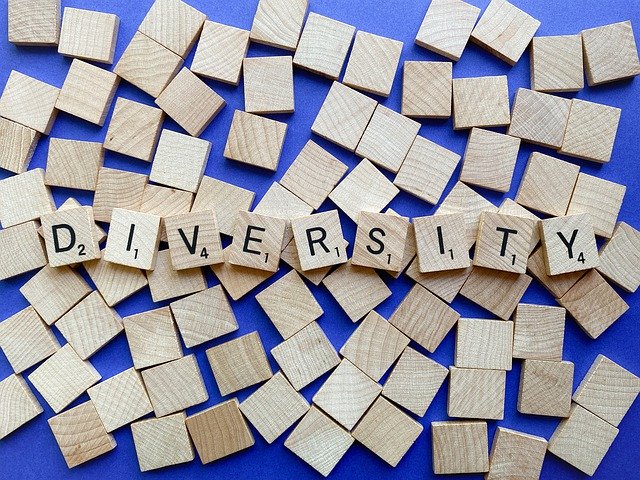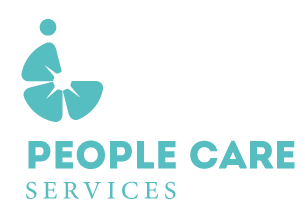
Cultural Sensitivity in Disability Services
Handling cultural sensitivity in disability services, support and assessment is not as clearly defined as some people would like us to believe. Cultural issues often run the entire gamut of service provision – from choosing the right medical equipment and personnel, through assessment and care, to the delivery of services to people with various disabilities.
How Disability Support Finds Its Right Place in Our Society
Disability support, such as personal care assistants and occupational therapy, has a strong cultural component that goes into how they are delivered and assessed. For example, PCAs who provide care services to people with disabilities need to be aware of their cultural heritage and understand their individual needs. The same holds for occupational therapists. Their professional practice must incorporate cultural sensitivity in assessment and daily care.
It should not be too difficult to imagine that a developing country’s health care system might be different from that of a developed country. This is why the assessment of cultural sensitivities in disability support and evaluation is important.
Some of the challenges facing the healthcare industry today are:
- Finding ways to ensure that people with disabilities can access medical services in culturally competent environments
- Assessing the cultural background of a health care worker
- Providing better conditions to accommodate the needs of people with disabilities
Many disabled people do not feel safe in specific environments, which can make them reluctant to choose a healthcare agency, disability support provider, or other service providers, such as a home health care professional, with a strong cultural background. Therefore, the need for people with disabilities to have cultural sensitivity in disability support and assessment is significant.
After all, culture is more about the background of a lifestyle than its practices and beliefs. People with disabilities can become quite wary of healthcare professionals, especially when this can lead to barriers to accessing care. Suppose you ask a healthcare provider, such as a disability support specialist, what their biggest challenges are concerning people with disabilities. In that case, it can be challenging to find someone who can articulate exactly what this is.
How Cultural Sensitivity Changes Under Certain Conditions
Cultures change over time. People with disabilities have to adapt to them as their experiences grow and develop, their beliefs, values, and beliefs about disability support change as well. For instance, some people with disabilities may not like to be told that they do not understand something. This is where cultural sensitivity is the most important.
As the cultural context for care becomes more fluid, individuals and families need to be sensitive to changes occurring within the care environment.
Some of these changes may take the form of greater accessibility or more appropriate methods of communicating. Some cultural shifts may also be the result of the environment and the people themselves. The ability to work within this context means that healthcare providers have to become more knowledgeable about culture, especially when it comes to disability support and assessment.
People Care Services is a proudly multi-cultural support service. Our carers come from many backgrounds and are knowledgeable and experienced when it comes to respecting a culture. One of our larger areas is support in the African Australian community. If you require NDIS disability support, look no further than People Care Services. You can contact us at any time with questions about our services and how we can help you or your family member
